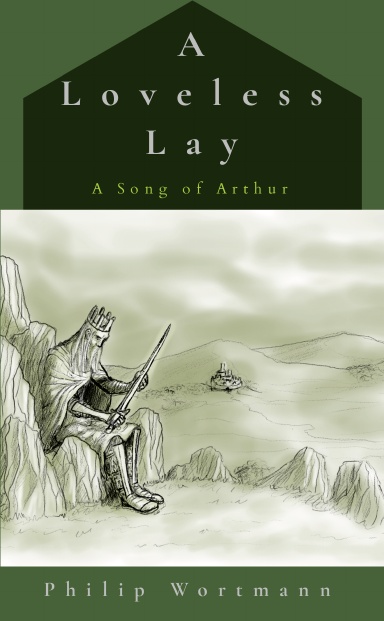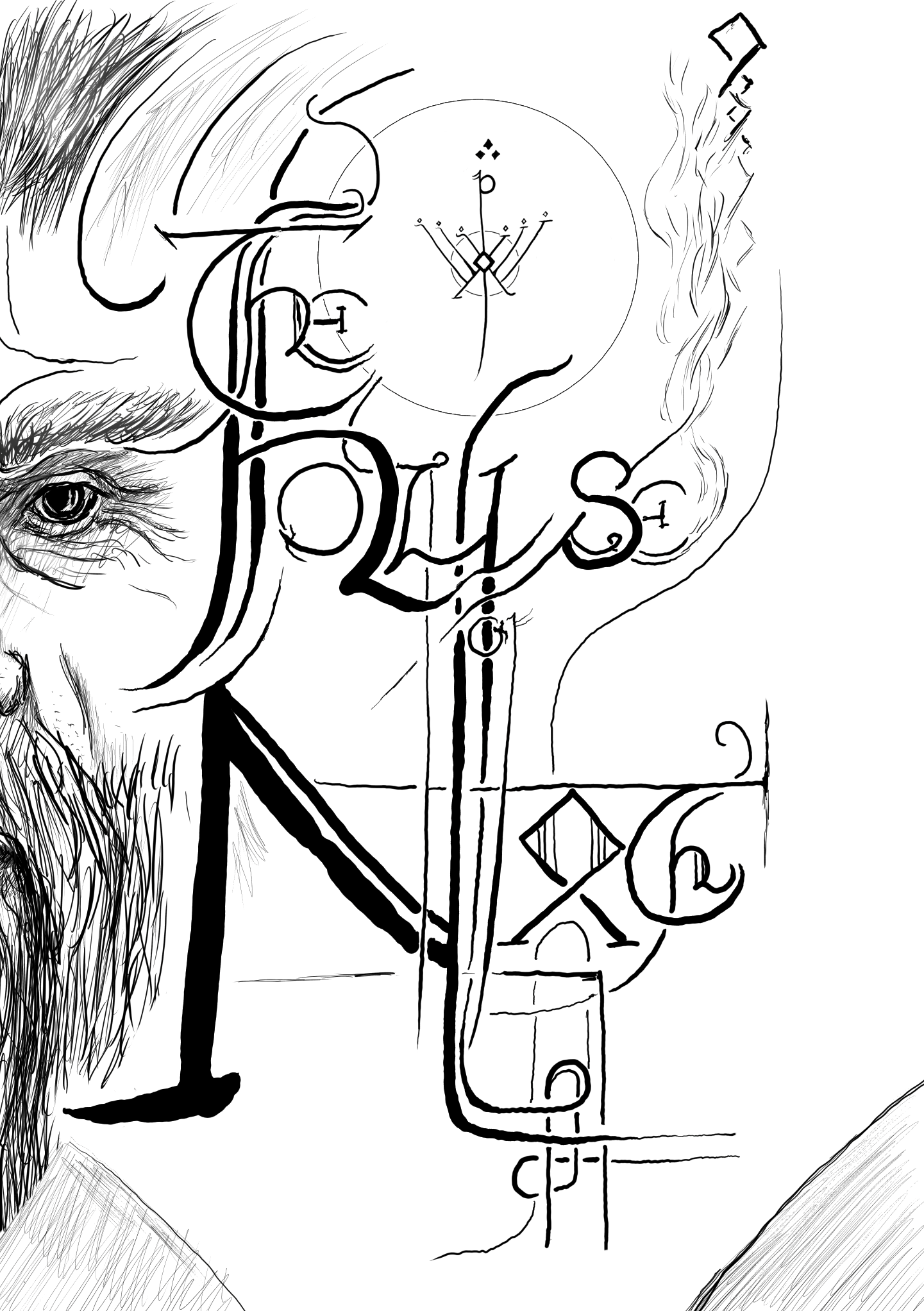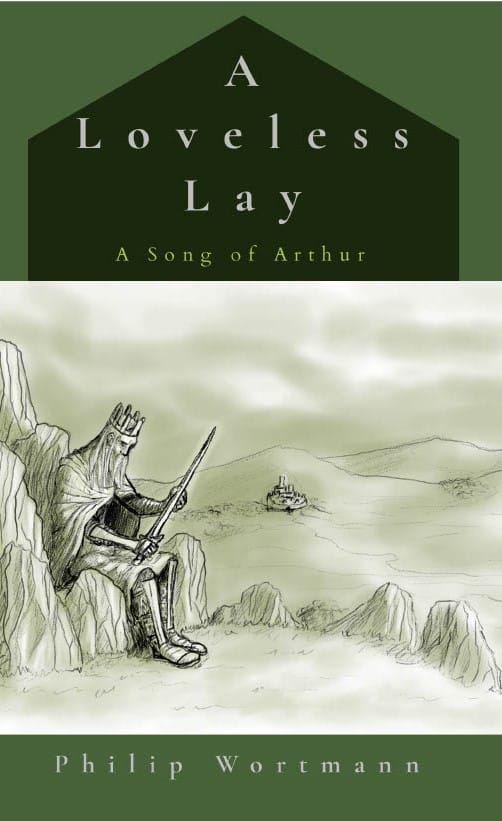Philip Wortmann
During the Lockdown of 2020 I began work on writing and illustrating my Novel, "The House of Noth: A Myth over Middle-Mere", and self-published it on October 31st 2021 via Amazon KDP. This original version has since been replaced by an improved and slightly expanded 1st Aniversary Edition, published this time via Lulu under the Title "The House of Noth: A Myth amid the Roots of Day". As this is my first novel it has been a bit of an experiment in my eyes, setting the stage for what will be, God willing, a deeper delve into the Roots of Day. I have recently also written an Arthurian poem called "A Loveless Lay" for Nathan Hood's "Arthur Day", also to be found in the form of a dramatic reading on my Youtube channel (The Roots of Day).
Primarily I am a student of Theology, striving for the pastoral ministry. My writing endeavours have, as my regular reflection on the matter reveals to me, always been something of an attempt at reconciling the nature of the words and the literature I have inherited with experiences which I have had yet do not fully understand. In this process my study of the classical languages (Hebrew, Greek, and Latin), as well as my own time spent dabbling in the old Germanic languages from the Middle Ages, and some of the more prevalent Modern languages, have played a key role in shaping my style and the content of what I write.
For freer exploration of my theological considerations, I have also published a number of Youtube videos on my Theological channel (Phil Hypocrite), and I have been honoured with regular appearances on Luke Avery's "Lambda Bible Studies".

Website - Contact Here

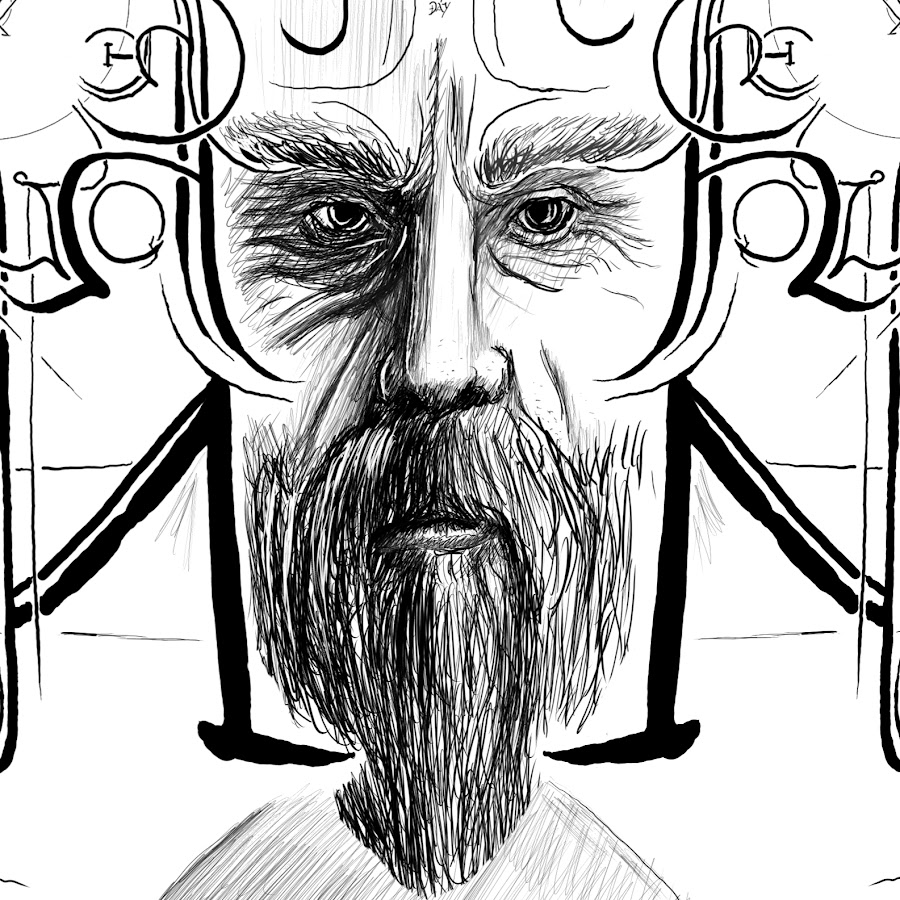
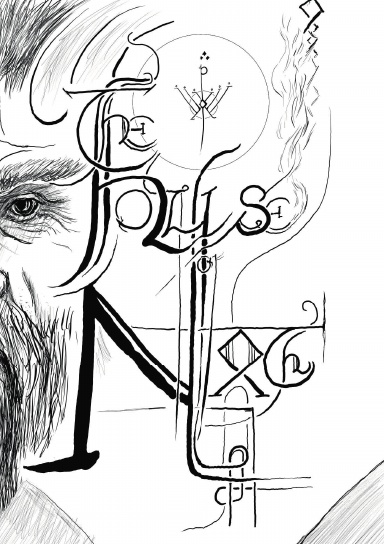
Preferably buy here over Amazon
